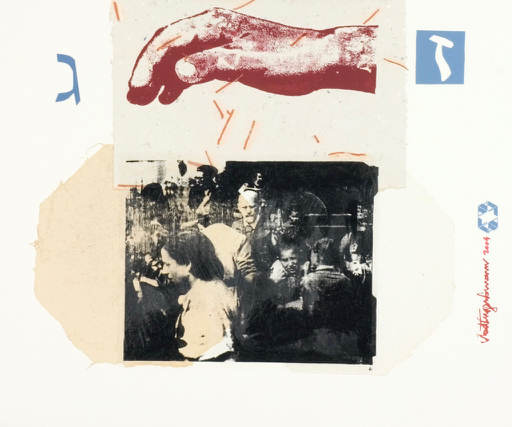Culinary traditions and family histories from the Ashkenazi migration in Argentina
DOI:
https://doi.org/10.35699/1982-3053.2023.45599Keywords:
Oral history, Migration and cuisine, Ashkenazi migration in ArgentinaAbstract
Using the method of Oral History, we collected personal and family stories on culinary traditions from a sample of twenty Ashkenazi jews living in Argentina. Our main goal was to collect and preserve their family stories and how their culinary traditions evolved along the migration process in the new country. The stories were analyzed using the Grounded Theory as a framework. Several categories arose from the stories, however, a sample of three were selected to be presented in the following article a) social and economic themes, b) new customs and c) public spaces. The analysis provided insight within the topics of income and job, nutrition, new groceries, neighbors, leisure time as well as the adaptation of culinary traditions, all of them as part of a process that started decades ago with the migrants and kept on evolving with the first and second generation of AshkenaziJews in Argentina.
Downloads
References
AMIA (2019) La vida judía en la Argentina. Disponible en: https://www.amia.org.ar/2019/02/22/inmigracion-judia-a-la-argentina. Acceso en: 29 mar. 2023.
BARDESTEIN, Carol. Transmissions Interrupted: Reconfiguring Food, Memory, and Gender in the Cookbook‐Memoirs of Middle Eastern Exiles. Signs, Chicago, v. 28, n. 1, 2002.
BARTHES, Roland. Toward a Psychology of Contemporary Food Consumption. In: Food and Drink in History: Selection from the Annales Econommies, Sociétes, Civilizations. Baltimore, v. 5, 1995.
DA SILVA, Cara. In Memory's Kitchen: A Legacy from the Women of Terezin. Rowman & Littlefield Publishers, 1996.
GILROY, James P. Food, Eating and Drinking in Marcel Proust´s A la Recherche du Temps Perdu. A scholarly and Critical Journal, v. 33, n. 1, 1987.
GLASER, Barney Galland, STRAUSS, Anselm. Discovery of Grounded Theory. Strategies for Qualitative Research. SociologyPress, 1967.
TURMO, Isabel Gonzáles. Comida de rico, comida de pobre: Evolución de los hábitos alimenticios en el Occidente andaluz (Siglo XX). Servilla: Editorial Universidad de Sevilla, 199-.
HABER, Joel (2022). Ashkenazi Food: Unrecognized Diversity. A Taste of Jew, 2022. Disponível em: https://www.tasteofjew.com/ashkenazi-food-unrecognized- diversity. Acceso en: 29 mar. 2023.
HANRATTY, Angela. From Alsace to America: the development and migration of Ashkenazi Jewish cuisine from its origins in Eastern France. 2021. (Master’s Thesis) – Technological University Dublin, 2021.
HOLTZMAN, Jon D. Food and Memory. Annual Review of Anthropology, [s.l.], v. 35, p. 361-378, 2006.
LÉVI-STRAUSS, Claude. Mitológicas 3: El origen de las maneras de mesa. México: Siglo XXI, 1970.
LICONA VALENCIA, Ernesto; GARCÍA LÓPEZ, Isaura; CORTÉS PATIÑO, Alejandro. El espacio culinário: Una propuesta de análisis desde la Antropología de la Alimentación. Antropología Experimental, Jaén, n. 19, p. 165-172, 2019.
MINTZ, Sidney W. Tasting Food, Tasting Freedom: Excursions into Eating, Culture, and the Past. Boston: Beacon Press, 1996, p. 27-28
MONTANARI, Massimo. La comida como cultura. Gijón: Ediciones Trea, 2006.
WEX, Michael. Rhapsody in Schmaltz: Yiddish Food and Why We Can't Stop Eating It. New York: St. Martin's Press, 2016.
Downloads
Published
How to Cite
Issue
Section
License
Copyright (c) 2023 Arquivo Maaravi: Revista Digital de Estudos Judaicos da UFMG

This work is licensed under a Creative Commons Attribution 4.0 International License.
Os direitos autorais pertencem exclusivamente aos autores. Os direitos de licenciamento utilizados pelo periódico é a licença Creative Commons Attribution 4.0 (CC BY 4.0): são permitidos o compartilhamento (cópia e distribuição do material em qualquer meio ou formato) e adaptação (remix, transformação e criação de material a partir do conteúdo assim licenciado para quaisquer fins, inclusive comerciais.






